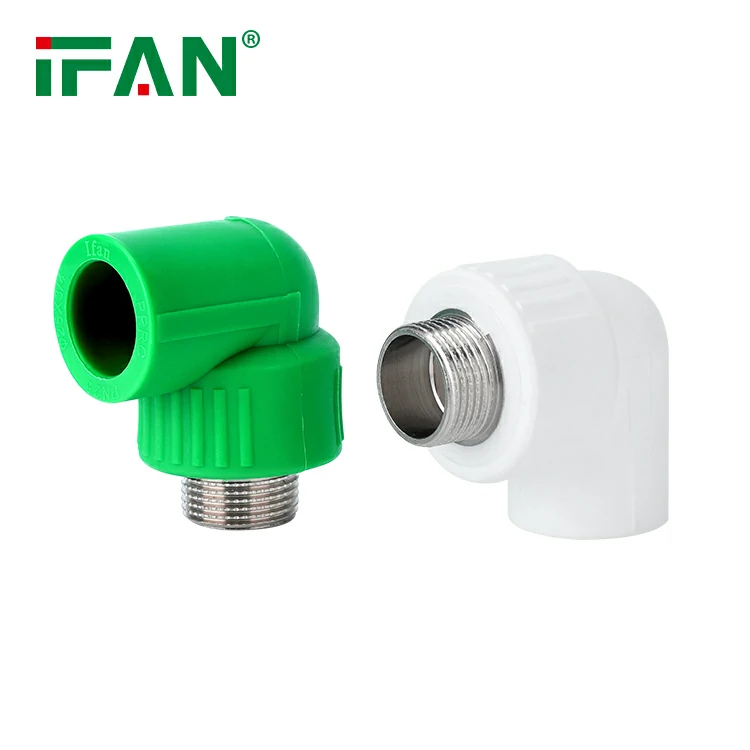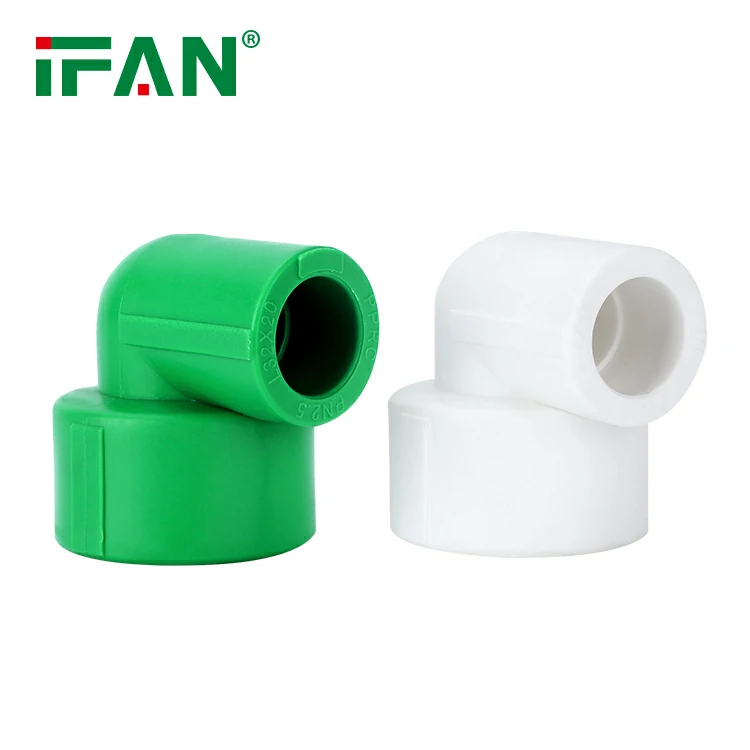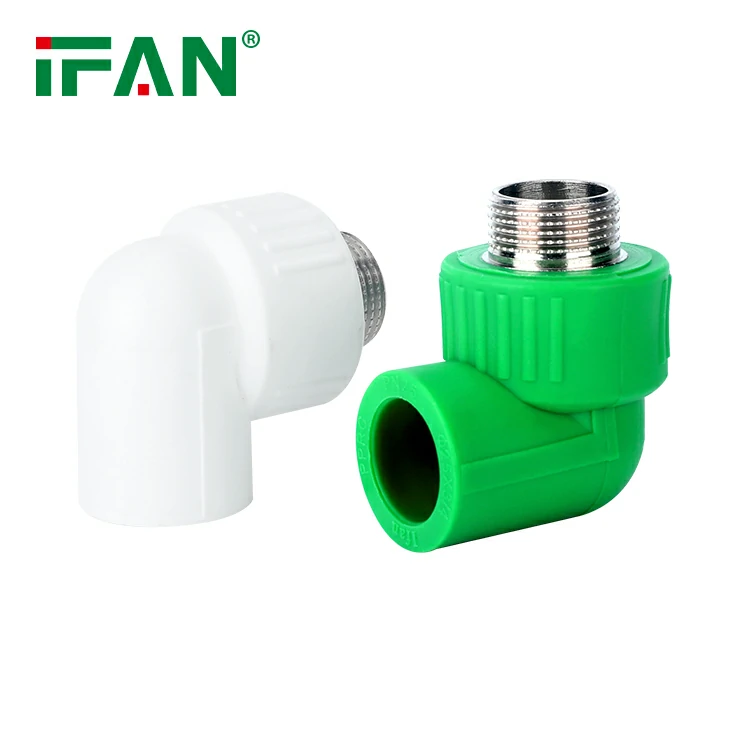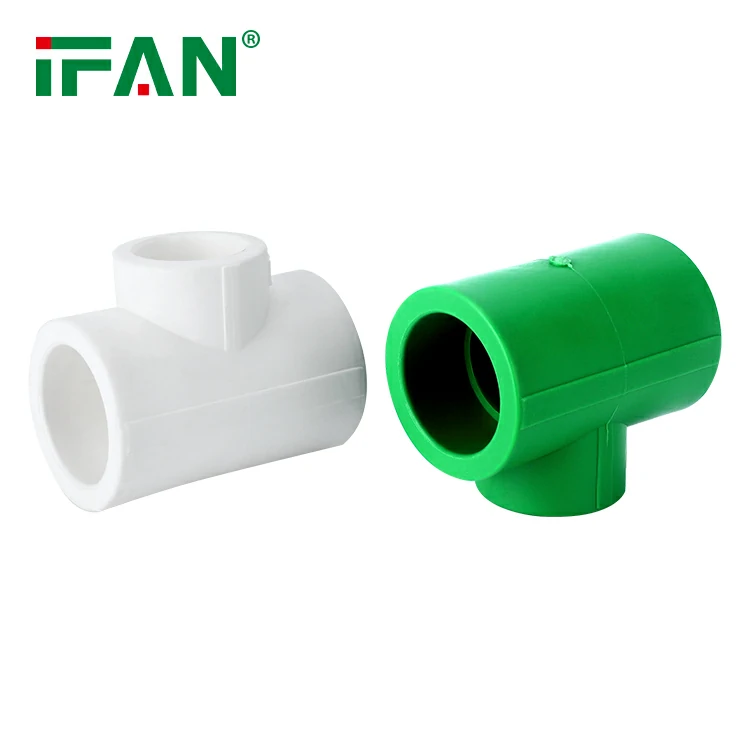Introduction: Court-Ordered Re-Evaluation of PEX Pipe Tender
In a significant development for the plumbing and infrastructure industry, the court has recently ordered a re-evaluation of the Water Supply Corporation (WSC) tender for the procurement of PEX pipes. This ruling follows a dispute regarding the tendering process, which involved claims of discrepancies, potential biases, and issues with the evaluation of PEX pipe suppliers. The ruling has sparked debates on transparency, fairness, and the future of public infrastructure projects.
This article will delve into the context surrounding the WSC tender for PEX pipes, the factors that led to the court’s decision, and the potential implications for the industry. We will also explore the growing role of PEX pipes in water supply systems and how this court order could affect the procurement processes of government agencies and other entities.
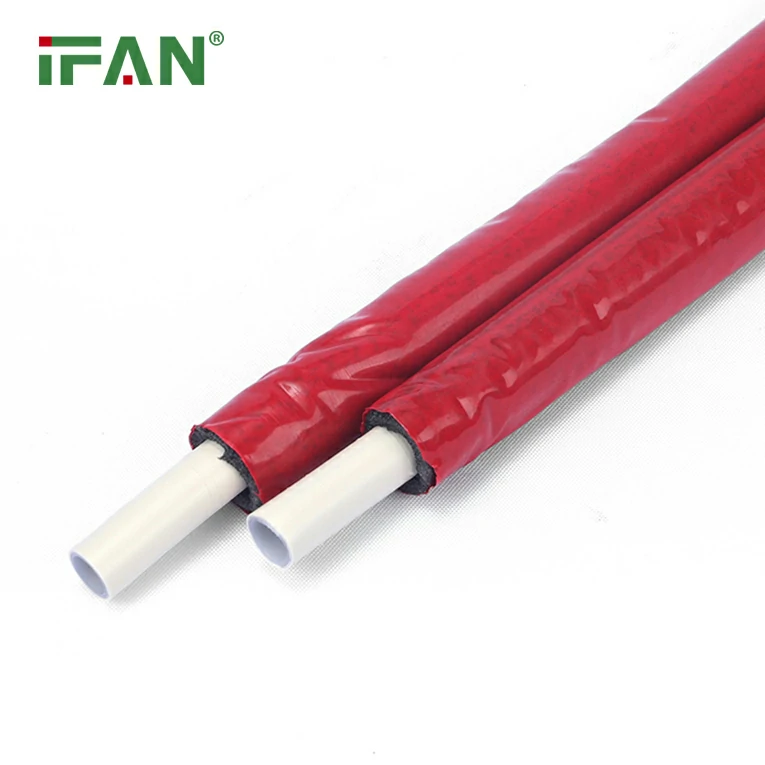
The Importance of PEX Pipes in Water Supply Systems
PEX pipes (cross-linked polyethylene) have gained immense popularity in recent years for their exceptional durability, flexibility, and cost-effectiveness. These pipes are commonly used in a variety of plumbing and infrastructure applications, including water supply, heating systems, and sewage lines. The benefits of PEX pipes in water supply systems are numerous, making them an attractive option for government and private sector projects.
Benefits of PEX Pipes
- Flexibility: PEX pipes are highly flexible, which makes them easier and quicker to install compared to rigid pipes like copper or steel. This flexibility reduces the need for numerous fittings, making installations more cost-effective and efficient.
- Corrosion Resistance: One of the major advantages of PEX pipes is their resistance to corrosion. Traditional metal pipes are prone to rust and degradation over time, which can affect the quality of the water supply. PEX pipes, on the other hand, remain resistant to corrosion, extending the lifespan of the system.
- Durability: PEX pipes are highly resistant to freezing, cracking, and chemical damage, making them ideal for areas with extreme weather conditions or aggressive water sources. This durability ensures that the water supply remains intact and reliable for decades.
- Cost Efficiency: The ease of installation and long-lasting performance of PEX pipes make them an affordable option for both large-scale and small-scale plumbing projects. This makes them an attractive choice for government agencies and municipalities seeking to reduce long-term maintenance costs.
Growing Demand for PEX Pipes
Given their significant advantages, PEX pipes are increasingly being used in both residential and commercial plumbing systems, and their use is expanding in municipal water supply networks. Governments and water supply corporations are recognizing the value of PEX pipes in ensuring long-term reliability, reducing maintenance costs, and providing safe and efficient water distribution systems.
The WSC tender, which was aimed at procuring PEX pipes for a large-scale water supply project, underscores the growing reliance on PEX in critical infrastructure.
The Controversy Surrounding the WSC Tender
The dispute that led to the court’s decision to re-evaluate the WSC tender stems from allegations of improper evaluation procedures during the tendering process. Several key players in the PEX pipe manufacturing industry raised concerns about the fairness of the selection process, particularly regarding how the tenders were assessed and how suppliers were chosen.
Allegations of Bias and Discrepancies
One of the primary allegations made by competing suppliers was that the tender evaluation lacked transparency. Several manufacturers of PEX pipes claimed that the tender evaluation criteria were either not clearly defined or were applied inconsistently, resulting in a potentially biased decision.
There were also claims that certain suppliers, who had not met all the necessary technical specifications, were shortlisted, while others who had submitted compliant bids were not given equal consideration. This led to concerns that the evaluation committee had failed to apply the tendering guidelines in an objective manner.
Legal Challenges and Court Ruling
In response to these allegations, a group of PEX pipe manufacturers filed a legal challenge, demanding a review of the tender process. The case was brought before the court, which ordered a full re-evaluation of the procurement process. The court emphasized the need for transparency and fairness in government procurement, especially in large-scale infrastructure projects that impact the public.
The court’s ruling highlighted the importance of adhering to established procedures and ensuring that all participants in the tendering process are given equal consideration. This decision has significant implications not only for the WSC but also for the broader industry, as it sets a precedent for future procurement processes involving PEX pipes and other infrastructure materials.
The Implications of the Court’s Decision
Increased Scrutiny on Government Tenders
The court’s order for re-evaluation signals a shift toward more rigorous scrutiny of government procurement processes. As PEX pipes become more widely used in public infrastructure projects, the industry can expect greater oversight to ensure that tendering procedures are fair and that the best suppliers are selected based on merit and compliance with technical specifications.
This heightened scrutiny may lead to more transparent and accountable procurement systems in the future, benefiting both suppliers and consumers by fostering healthy competition and ensuring the use of high-quality materials in public projects.
Impact on PEX Pipe Manufacturers
For manufacturers of PEX pipes, the re-evaluation of the WSC tender may present both challenges and opportunities. On the one hand, the re-evaluation could delay the award of contracts, potentially affecting the timeline for suppliers who were initially expecting to be awarded the tender. On the other hand, the re-evaluation provides an opportunity for suppliers to address any concerns regarding the initial evaluation process and ensure that their bids are properly reviewed.
Potential Delays in Water Supply Projects
While the legal re-evaluation is crucial for ensuring fairness, it may also result in delays in important water supply projects. Public infrastructure projects that rely on PEX pipes for water distribution may face setbacks as a result of this process. This highlights the need for streamlined and efficient procurement procedures to avoid disruptions in the execution of critical projects.
Moving Forward: The Future of PEX Pipes in Public Infrastructure
Despite the controversy surrounding the WSC tender, the future of PEX pipes in public infrastructure remains promising. The growing demand for PEX pipes in water supply systems, heating networks, and sewage systems is a clear indication that these materials will continue to play a central role in the development of modern plumbing.
Ensuring Transparency and Fairness in Tendering
The court’s ruling serves as a reminder that transparent and fair procurement processes are essential for ensuring that public funds are used effectively. As PEX pipe technology continues to evolve, it is crucial that tendering processes are adapted to reflect the advancements in the industry. This includes clearly defined technical specifications, objective evaluation criteria, and the involvement of experienced professionals who understand the complexities of modern plumbing systems.
Strengthening Industry Standards
The controversy surrounding the WSC tender can also serve as a catalyst for strengthening industry standards. Manufacturers of PEX pipes will likely be encouraged to provide even higher-quality products, with more detailed technical documentation, to meet the growing demands of public procurement. Additionally, governments and municipalities will need to invest in training and certification programs for procurement officials to ensure they are equipped to evaluate complex bids accurately and fairly.
Conclusion: A Turning Point for Public Procurement
The court-ordered re-evaluation of the WSC tender for PEX pipes represents a turning point in the way government procurement is handled in the plumbing and infrastructure industries. While the decision has temporarily disrupted the timeline for the procurement of PEX pipes, it serves as a valuable opportunity to address issues of fairness, transparency, and accountability in the tendering process.
As PEX pipes continue to be a vital component of modern plumbing systems, the industry must ensure that procurement processes are aligned with best practices, guaranteeing that projects are completed on time and within budget. With increased oversight and a commitment to transparency, the future of PEX pipes in public infrastructure projects looks promising.
Frequently Asked Questions (FAQs)
- Why did the court order the re-evaluation of the WSC tender for PEX pipes? The court ordered the re-evaluation due to concerns about transparency, fairness, and potential biases in the evaluation process. There were claims that certain suppliers were given preferential treatment while others were unfairly overlooked.
- What are the benefits of using PEX pipes in water supply systems? PEX pipes are flexible, durable, resistant to corrosion, and cost-effective. They provide an efficient solution for water distribution, heating systems, and sewage networks.
- How will the court’s decision impact future government tenders? The court’s decision will likely lead to more transparent and fair procurement processes in the future, encouraging greater accountability in the selection of suppliers for public infrastructure projects.
- How do PEX pipes compare to traditional materials like copper or steel? PEX pipes offer several advantages over traditional materials, including greater flexibility, lower installation costs, resistance to corrosion, and longer durability, making them a preferred option in modern plumbing systems.
- What can PEX pipe manufacturers do to ensure their bids are successful in future tenders? Manufacturers should ensure their bids are compliant with all technical specifications and provide clear, detailed documentation to demonstrate the quality and durability of their products. Additionally, they should be proactive in addressing any concerns that may arise during the evaluation process.

